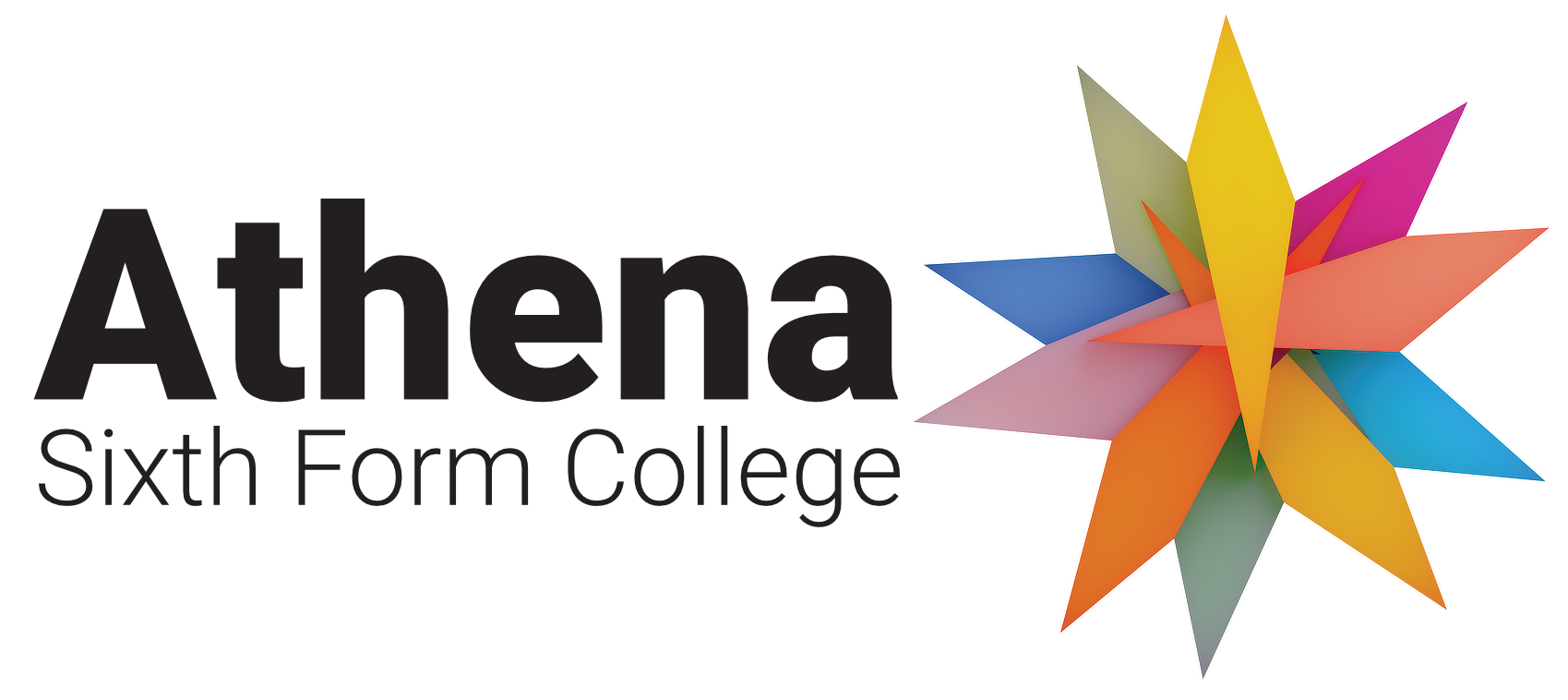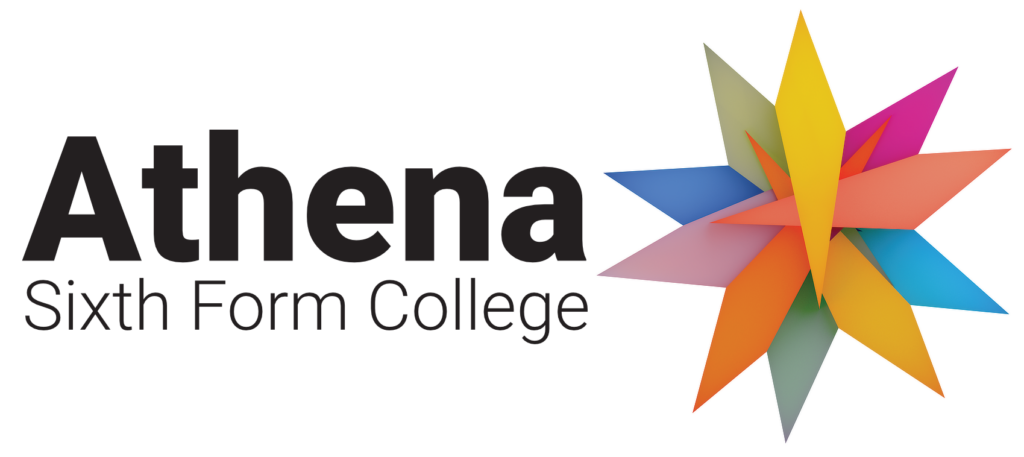Why Study?
Physicists look for all the hidden laws that explain why all matter (that’s every physical thing) and energy in the known universe exists, where it comes from and how it behaves the way it does.
So if you’re wondering how forces of nature, like gravity, work or how aircraft stay up in the air, you’ll need to go to a physicist like Brian Cox, Stephen Hawking or Albert Einstein for an explanation.
Physicists use the laws they uncover to develop new materials, machinery and technology to improve our lives and help us explore the universe further, from computers to telescopes and spacecraft.
Physicists ask some big questions, but they specialise in different areas and their work can be varied.
For example, nuclear physicists study the tiniest particles of matter to discover what the universe is made of, whereas astrophysicists study some of the largest things – stars, planets and celestial bodies.
Many physicists also combine their work with the other sciences (chemistry and biology) to study things like meteorology (the atmosphere) and geophysics (the structure of the earth).
What can I do with it?
Physics will help you to build up your problem solving, research and analytical skills. With these skills you’ll be able to test out new ideas plus question and investigate other people’s theories, which is useful for any kind of job that involves research or debate. Physics is a seriously useful subject for the majority of STEM (science, technology, engineering and maths) careers and you’ll find physicists everywhere: in industry, transport, government, universities, the armed forces, the secret service, games companies, research labs and more.
Physics is especially helpful for jobs that involve building things and developing new technologies, including: engineering (flight, buildings, space, you name it…), astronomy, robotics, renewable energies, computer science, communications, space exploration, science writing, sports and games technology, research and nanotechnology (that’s engineering on a seriously tiny molecular scale).
A spokesperson for the Institute of Physics says: “Physicists are involved in finding solutions to many of our most pressing challenges – as well as studying atoms or making sense of the extraterrestrial, physicists diagnose disease, model the climate, design computer games, predict markets and design hi-tech goods. Studying physics opens doors.”
Physics is also part of the gang of four – which includes maths, chemistry and biology– that you usually need to pick at least two from at A-level to do a range of science degrees, including medicine and engineering. Physics is especially highly recommended for the physical sciences, which involves the study of non-living objects.
Physics A-level is usually required for degree courses in: engineering (general, aeronautical, civil, electrical, mechanical, sometimes chemical), and … you guessed it, physics.
It is often recommended or useful for: biochemistry, biology, chemistry, medicine, dentistry, nursing and other practice-based medicine courses, architecture, computer science, geography, earth and environmental sciences, maths, materials science, pharmacy, sports science, surveying, psychology, teaching.
Subject combinations
Physics will support your study of other science and tech subjects, including chemistry, biology, engineering, geography and IT. Physics is especially closely linked to maths, so studying the two together can improve your skills in both. Physics A-level has been named as a “facilitating subject” by the Russell Group of universities, which means it can be useful for getting onto a wide range of uni courses.
Extras
Insight HE+ programme. This is a programme run by the University of Cambridge that encourages and prepares more academically-able students to make competitive applications to top universities, including the University of Cambridge.
What will I study?
Development of practical skills
This module involves the development of planning, implementing, analysis and evaluation.
Foundation of Physics
Includes physical quantities and units, making measurements, and analysing data and the nature of quantities.
Forces and motion
Includes motion, forces in action, work, energy and power, materials, Newton’s laws of motion and momentum.
Electrons, waves and photons
Includes charge and current, energy, power and resistance, electrical circuits, waves and quantum physics.
Newtonian world and astrophysics
Includes thermal physics, circular motion, oscillations, gravitational fields and astrophysics.
Particles and medical physics
Includes capacitors, electric fields, electromagnetism, nuclear and particle physics, and medical imaging.
Three written papers covering modules 1 – 6.
Paper 1 covers modules 1, 2, 3 and 5; 2 hours 15 minutes long; 37% weighting.
Paper 2 covers modules 1, 2, 4 and 6; 2 hours 15 minutes long; 37% weighting.
Paper 3 covers modules 1 – 6; it has a weighting of 26%.

